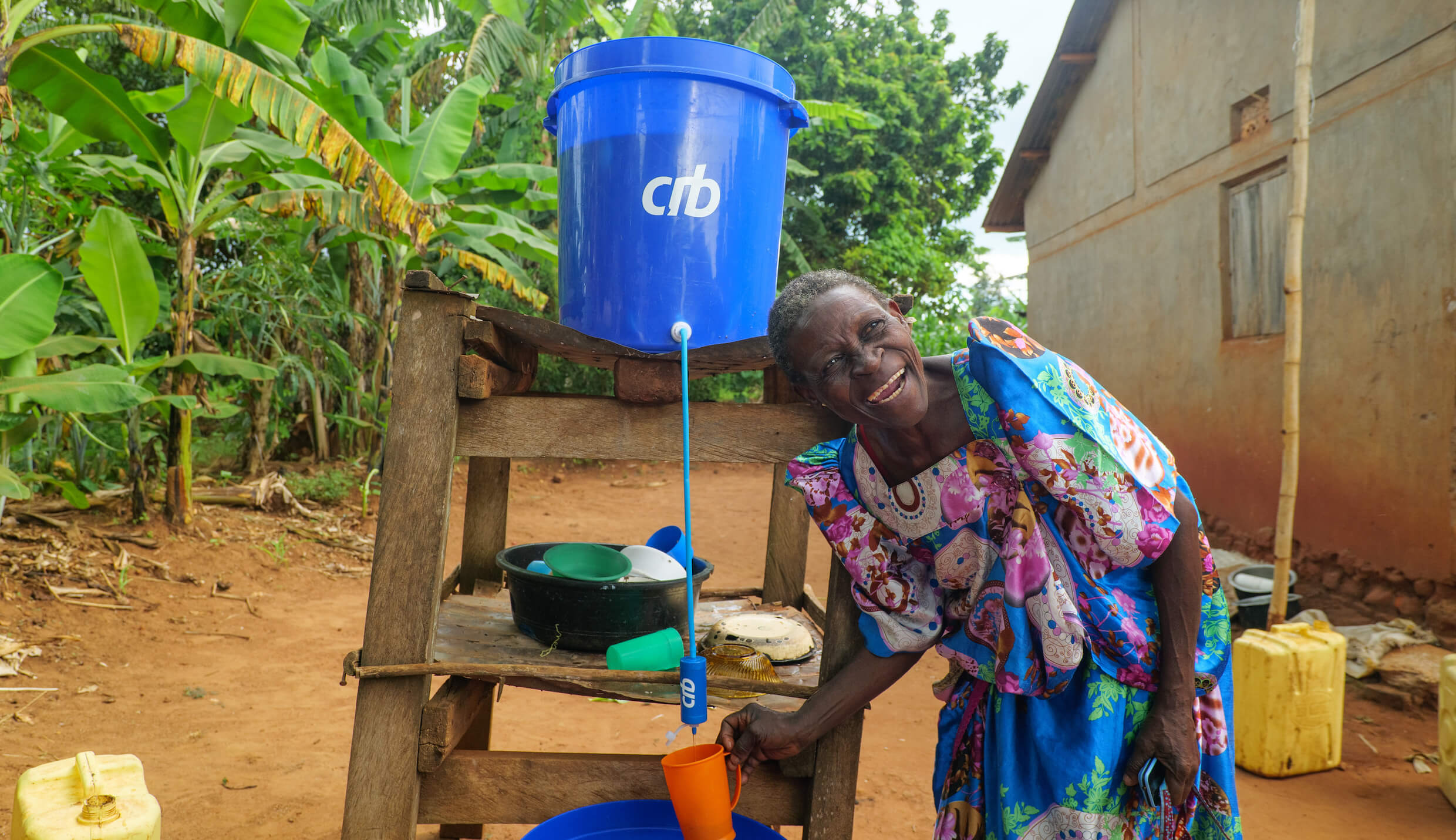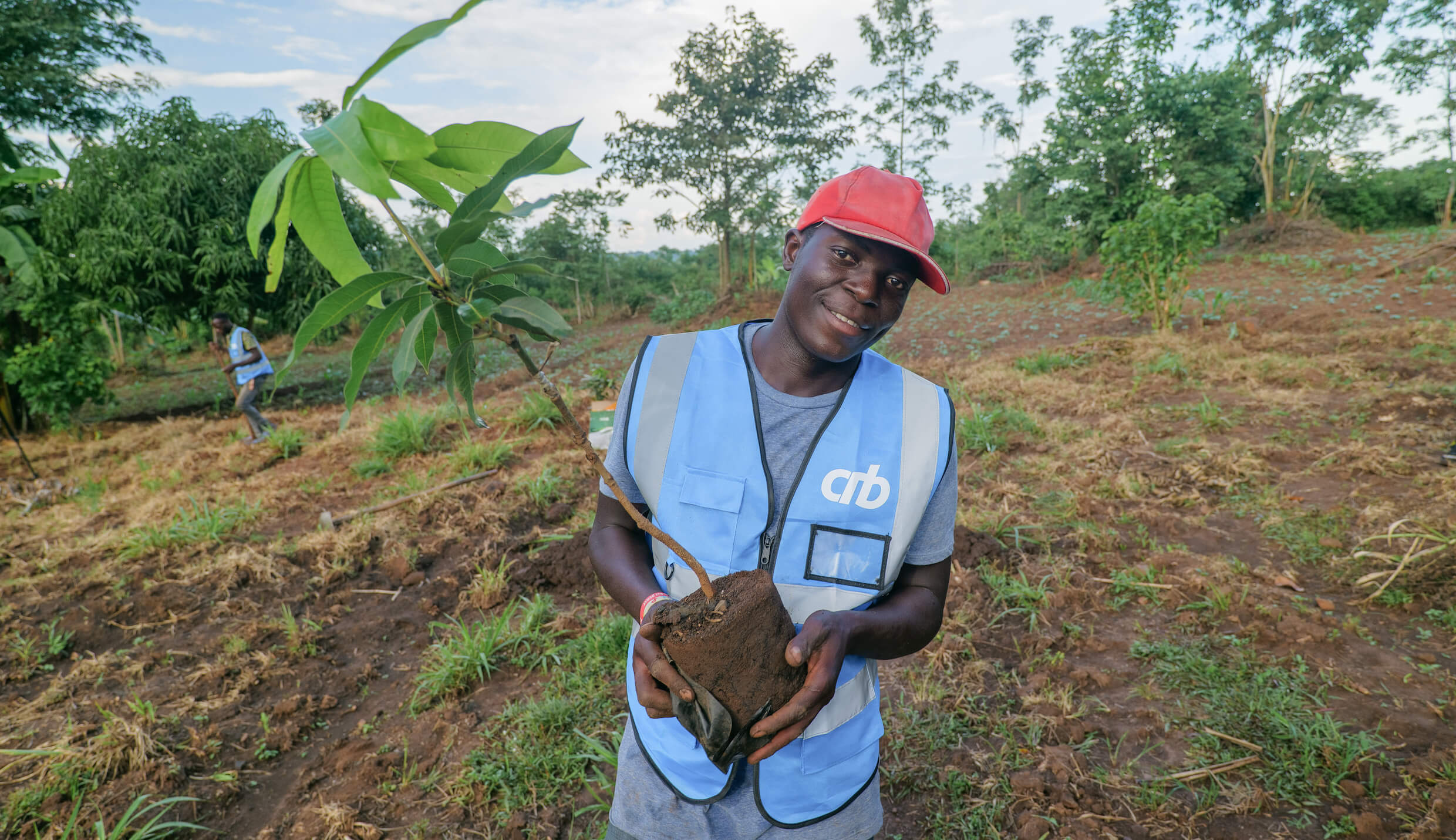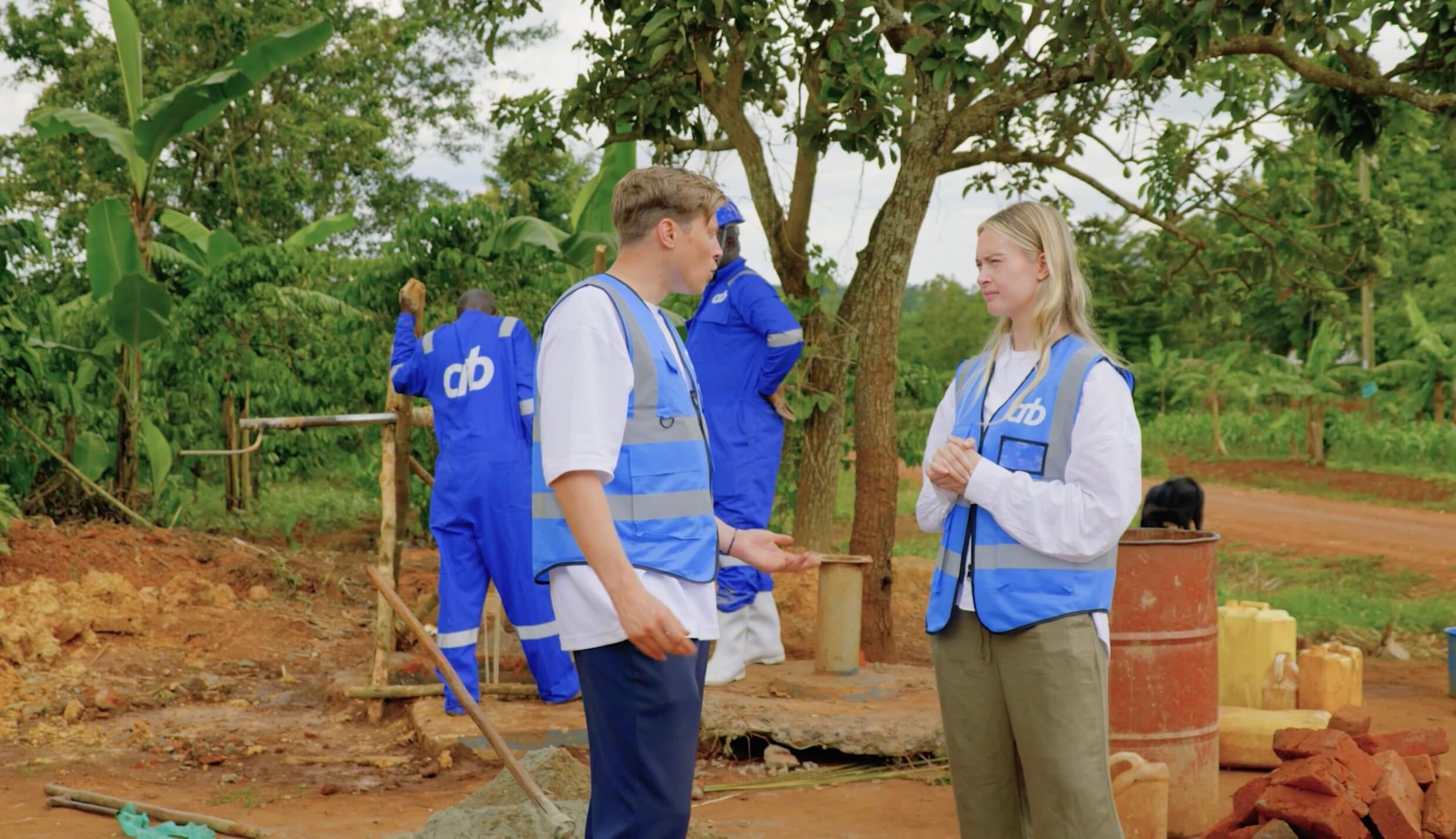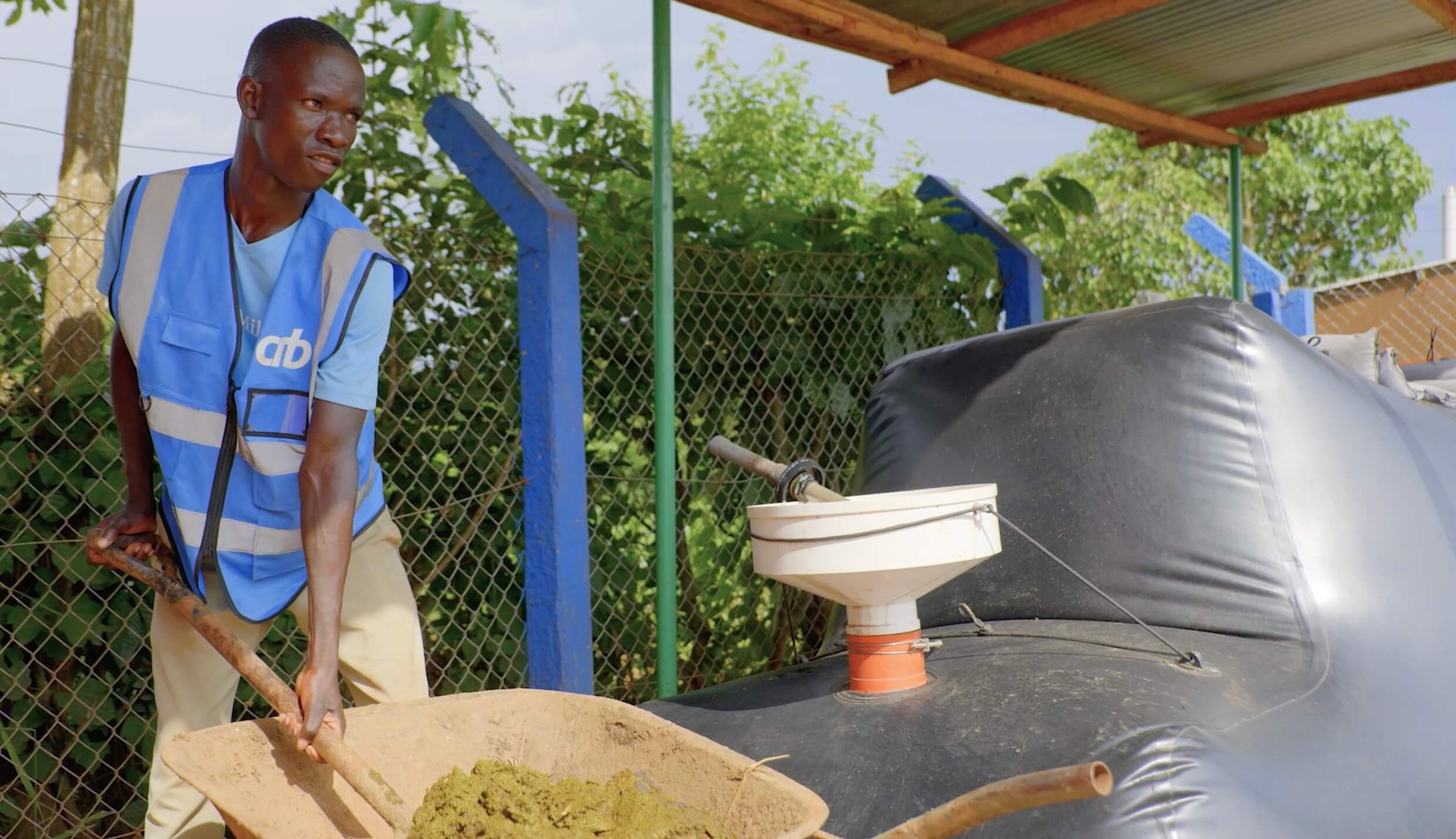Join top certified carbon projects, selected with AI.
Funds raised are allocated to certified carbon projects.
Crbcoin symbolizes your ownership in carbon projects.
Through your crbcoin purchase, you're not only investing for returns but also contributing to a cleaner world for future generations.
- Transparent - On multiple blockchains
- Assets - Crb holds carbon credits
Funds are invested in carbon projects picked by AI.
Funds are invested in projects selected by our AI interface for maximum ROI and minimal risk, including water initiatives, clean cookstoves, and more.
- Funds flow into real climate action
- AI selects projects for maximum ROI
Examples of AI-selected projects.

Individual water purifiers generate carbon credits by replacing the need to boil water using firewood or charcoal. This avoids CO₂ emissions from burning fuel, reduces deforestation, and improves public health, making them ideal for carbon offset projects in regions like Africa.

Planting trees generates carbon offsets because trees absorb carbon dioxide during photosynthesis, thereby reducing the amount of CO2 in the atmosphere and offsetting carbon emissions.

Borehole water systems generate carbon credits by providing clean groundwater access, eliminating the need to boil surface water for drinking. This reduces reliance on wood or charcoal, cutting CO₂ emissions and deforestation, while delivering safe water to underserved communities.

Biodigesters generate carbon credits by converting organic waste into clean biogas for cooking, reducing the need for wood, charcoal, or fossil fuels. This not only cuts greenhouse gas emissions but also improves indoor air quality and supports sustainable waste management in rural communities.
Certified registry projects only.
We only fund high-quality projects from the world’s top carbon registries, with AI guiding choices based on history and future market expectations.
Gold Standard
Gold Standard was founded by the WWF in 2003. We choose Gold Standard for its rigorous environmental and social standards.
Verra
Verra is considered a leading registry due to its rigorous standards, transparency, and credibility within the carbon offset market.
Faq
The top 5 best carbon registries include Gold Standard, Verra (formerly VCS), American Carbon Registry, Climate Action Reserve, and Plan Vivo. These registries ensure transparency and credibility in carbon offset projects.
Verra (formerly VCS) boasts the most projects listed among carbon registries, offering a diverse range of verified emission reduction projects worldwide.
The voluntary carbon market enables individuals and organizations to purchase carbon credits voluntarily to offset emissions or support carbon reduction projects, contributing to climate change mitigation efforts.
The voluntary carbon market is valued at hundreds of millions to several billions of dollars annually, reflecting the growing global demand for carbon offsetting and sustainability solutions.
The compliance carbon market involves mandatory emissions reduction requirements set by governments or regulatory bodies to meet legal obligations and reduce overall greenhouse gas emissions.
Other credits besides carbon credits include renewable energy certificates (RECs), biodiversity offsets, and water quality credits, each serving to incentivize environmental conservation and sustainable practices.
Major corporations are increasingly turning to carbon credits to offset their emissions. Google purchases over 1 millioncarbon credits annually as part of its commitment to carbon neutrality. Shell invests in tens of millions of credits per year, especially through nature-based solutions. Tesla, while focused on direct emission reductions, still engages in offsetting for specific operations. Virgin offsets emissions from its airlines and space ventures, acquiring hundreds of thousands of credits. Apple supports carbon removal and has purchased millions of credits annually to maintain its carbon-neutral status across operations since 2020.
